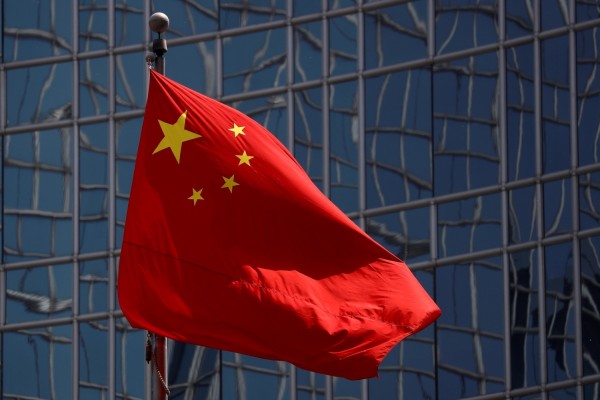China's push for global power is the leading threat to U.S. national security, while Russia's efforts to undermine American influence and assert itself as a major actor also pose a challenge, said a U.S. intelligence report released on Tuesday.
The 2021 Annual Threat Assessment lays out U.S. spy agencies' views of the chief foreign policy issues facing U.S. President Joe Biden in his first year in office, complicated by the coronavirus pandemic and global climate change.
While China and Russia are presented as the leading challenges, Iran and North Korea will also test U.S. national security, the report said.
The report, sent to Congress, will be the subject of Senate and House intelligence committee meetings on Wednesday and Thursday. Biden's Director of National Intelligence Avril Haines and CIA Director William Burns will testify publicly for the first time since being confirmed.
The report said the ruling Chinese Communist Party will press "whole-of-government efforts to spread China's influence, undercut that of the United States, drive wedges between Washington and its allies and partners" and foster acceptance of its authoritarian system.
At the same time, Chinese leaders will "seek tactical opportunities" to lower tensions with the United States when it suits their interests, the report said.
It said China possesses substantial cyber-attack capabilities that, at a minimum, can cause localized, temporary disruptions to critical infrastructure within the United States.
Russia seeks to undermine American influence, sow disagreement among Western countries and inside Western alliances, and build its abilities to "shape global events as a major player," the report said, adding that it too will "remain a top cyber threat."
The agencies' assessment of Iran's nuclear program and intentions was mixed. They said they continued to believe that Iran "is not currently undertaking the key nuclear weapons-development activities that we judge would be necessary to produce a nuclear device."
But they said, after President Donald Trump pulled out of the 2015 Iran nuclear deal with world powers, Tehran "resumed some nuclear activities" that violate the accord.
Iran will "present a continuing threat to U.S. and allied interests" in the Middle East, working to undermine American influence, the report said.
North Korea, they said, "will pose an increasing threat to the United States, South Korea, and Japan" as it upgrades its conventional military capabilities. Pyongyang's interest in developing weapons of mass destruction will remain a major concern, the report said.
North Korean leader Kim Jong Un "remains strongly committed to the country's nuclear weapons, the country is actively engaged in ballistic missile research and development" and remains interested in developing chemical and biological weapons, the report said.


